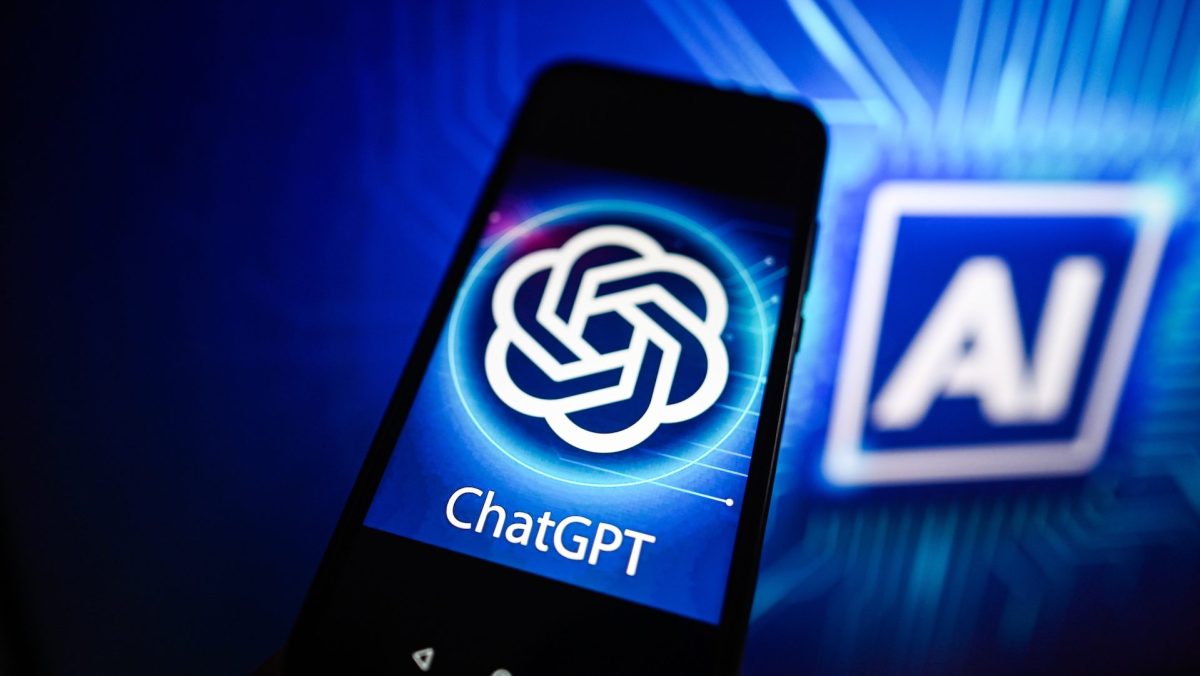The U.S. Patent and Trademark Office has denied OpenAI’s attempt to trademark “GPT,” ruling that the term is “merely descriptive” and therefore unable to be registered. It’s a blow to OpenAI’s branding, but don’t expect its competitors to start releasing their own version of the ubiquitous chatbot.
ChatGPT is certainly the most recognizable brand in AI right now, being the most popular conversational model on the market and the one that most visibly took large language models from curiosity to global trend.
But the name, according to the USPTO, doesn’t meet the standards to register for a trademark and the protections a “TM” after the name affords. (Incidentally, they refused once back in October, and this is a “FINAL” in all caps denial of the application.)
As the denial document puts it:
Registration is refused because the applied-for mark merely describes a feature, function, or characteristic of applicant’s goods and services.
OpenAI argued that it had popularized the term GPT, which stands in this case for “generative pre-trained transformer,” describing the nature of the machine learning model. It’s generative because it produces new (ish) material, pre-trained in that it is a large model trained centrally on a proprietary database, and transformer is the name of a particular method of building AIs (discovered by Google researchers in 2017) that allows for much larger models to be trained.
But the patent office pointed out that GPT was already in use in numerous other contexts and by other companies in related ones. For instance, Amazon has a listing for what a GPT is and how they use them. And plenty of other
The argument from the patent side is that GPT describes an aspect of the product. Like if you had a cereal called Crunchy O’s, and tried to trademark “crunchy.” In the case of ChatGPT, this is a GPT type AI model — a concept OpenAI did not create, and is not alone in offering — that you chat with. It may be recognizable, but it doesn’t meet the requirements for trademarking.
It may be that this lack of a trademark will dilute OpenAI’s dominance over GPT-related terminology. You can expect things like a “TalkGPT,” no relation, to show up in app stores (indeed they are already there, and numerous) — and OpenAI can’t sue them for using their brand.
That said, OpenAI does have the biggest mindshare by far when someone says “GPT,” so although their legal protections are limited, they retain the first-brander advantage. If anything they may double down on the GPT branding, trademarks be damned, to make sure everyone knows that OpenAI did it first (or close enough).



![[CITYPNG.COM]White Google Play PlayStore Logo – 1500×1500](https://startupnews.fyi/wp-content/uploads/2025/08/CITYPNG.COMWhite-Google-Play-PlayStore-Logo-1500x1500-1-630x630.png)